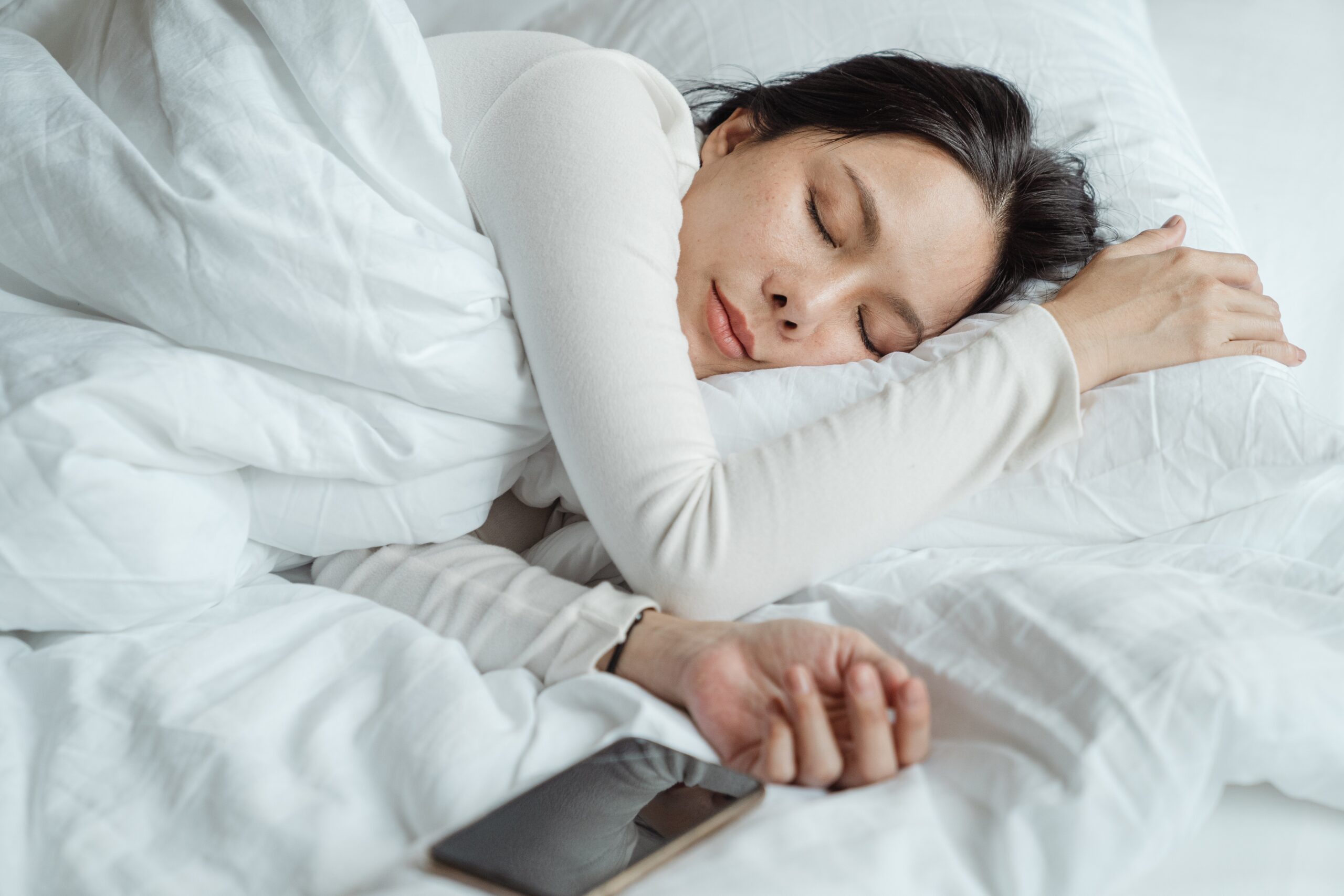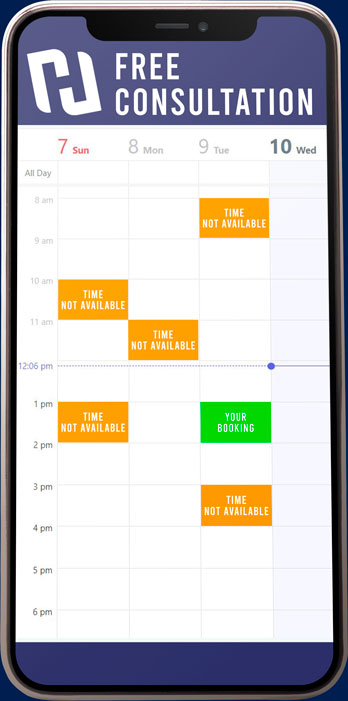Sleep is one of the pillars of health – it enables us to live our day-to-day lives to the best of our ability. It’s as vital as breathing and eating. Sleeping is what recharges our bodies for the next day, keeps our minds sharp, and allows us time to process the world around us. So, why then is it the first thing entrepreneurs and workers cut loose?
Why Do We Need Sleep?
Good sleep means good health. Sleep is a necessary human function and is the core requirement for a healthy brain and positive emotional wellbeing. It influences our physical and mental health, our performance during the day, and our safety.
When we sleep, our brain gets a break. During the different stages of sleep, our brain cells relax and regenerate, charging up our ability to be productive and concentrate on tomorrow’s tasks. None of our cognitive functions work at full, or even half, power when we refuse to sleep.
Furthermore, it has a huge impact on our physical wellbeing. Getting enough quality sleep keeps our immune systems running smoothly, and also lowers our appetite so we don’t need to eat as much during the day. Our athletic performance improves because our muscles have time to rest and recuperate throughout the night.
Sleep is a vital part of self-care. If you don’t sleep, you won’t have the energy to work or play hard.
The Dangers of Sleep Deprivation
Sleep deprivation affects more than just how tired you are. There are serious medical consequences of consistently getting not enough or poor sleep.
Your mental health is the first casualty. Lack of sleep makes you moody and jumpy, and the possibility of developing depression and anxiety is very high. Socialising with other people becomes incredibly difficult too, as exhaustion reduces your ability to pick up social cues and process emotions. You can become volatile and lash out when you don’t mean to.
Physical wellbeing is also affected. Constant sleep deprivation can lead to obesity, severe heart diseases, reduced functioning of your immune system, and diabetes. Combine all that with the mental strain you’re already under, and soon you’ll be incredibly unwell.
The repercussions of sleep deprivation will ruin your career and work ethic far more than resting a few extra hours a night could.
Sleep and the Entrepreneur
Entrepreneurs and business owners often have a complicated relationship with sleep. When things start getting busy at work, sleep is the first thing sacrificed in order to get that project done, or finish those papers, or onboard that new client. Most entrepreneurs develop some level of insomnia, their brain working constantly to the point they can’t sleep even if they want to.
This disregard of sleep and its importance is seen as some kind of achievement amongst the rise-and-grind community. What it really means is that the company has not systemised properly, and too much work is falling where it shouldn’t.
Getting enough sleep is actually very good for your business. You have much better problem-solving skills, memory recall, and sociability when you’re well-rested – all of which are crucial abilities as an entrepreneur. You should do everything you can to ensure that you get enough good, consistent sleep. Hippo has helped many business owners free up their schedule by systemising and outsourcing work for them, leading to healthier lifestyles and work environments.
How to Sleep Well
As entrepreneurs, your schedule has more flexibility than most people. This will help make sleep work for you, rather than the other way around. Sleep is not a luxury – it’s a necessity. And if you’re struggling to do it well, here are some tips.
- Set up a strict schedule and stick to it. Go to bed at the same time every night, and try to get up at the same time every day. It’s going to be tempting, but don’t sleep in on weekends or days off – keep up the routine.
- Exercise is your friend, but not in the few hours before bedtime. Exercise releases endorphins which give you energy, and the last thing you need before sleep is an elevated heart rate.
- It’s best to avoid caffeine, smoking, large meals, and alcohol right before sleep. Some people use alcohol to relax, but its sedative properties mess up the natural chemicals your brain produces for sleep. Remember waking up groggy and tired after a night of drinking? That’s because the melatonin had to compete with the alcohol to break down during the night.
- Putting the effort in to systemise your business from the beginning will do wonders for your time-management. When everything is running smoothly, and tasks are appropriately outsourced, you will be able to get those extra hours of sleep.
- It’s become normal in the modern day to watch television before bed, but it’s actually better to limit your screen time prior to sleeping. Being exposed to blue light in the evening will confuse your brain’s chemicals and stop you from producing enough melatonin to sleep.
- Ensure that your bedroom’s environment is conducive for sleep. A dark, warm, quiet, and comfortable space will enable your brain to relax.
- Try and cut back on how much work you give yourself. There’s no advantage in running yourself ragged over small tasks. Outsource the more day-to-day parts of running a business, or hire a Virtual Assistant.
- When given the opportunity to run wild with thoughts, your brain may go overboard and keep you from sleeping. If that’s the case, try using a sleep aid application like Calm or Headspace. Spotify has white noise playlists that will help you sleep, too.
- Finally, spend time doing things you actually enjoy outside of work – your happiness influencers. Stress kills good sleep, while hobbies and fun activities allow your body to pleasantly tire itself out and inspire a deeper, better sleep.








